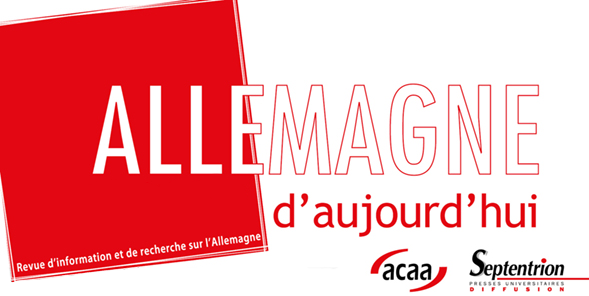What Perspectives for Europe? The Political Parties in Germany and European Integration

The grand coalition’s record on European policy is mixed. On budgetary issues, the CDU-CSU and SPD were able to implement the agreements in the coalition agreement, but on fundamental reforms of the European Union, only small steps were taken.

In the election campaign for the German federal elections in September 2021, European policy issues were not discussed. Nevertheless, many decisions will be made at the European level and the composition of the future government will change the composition of the EU Council. In a three-party coalition, the partners could block each other and prevent greater progress on European issues. The SPD, the Greens and the FDP, who are not natural partners, will have to show that they can overcome their programmatic differences over European policy, especially on financial issues, which they will have to discuss with the other member states. Expectations are high, especially on the side of France, which takes over the EU Council presidency on 1 January 2022. German Chancellor Angela Merkel had been able to embody a form of stability within the EU since 2005. In terms of European pragmatism, her successor, Olaf Scholz, seems to be following in her footsteps.
Paul Maurice is a Research Fellow at the Study Committee on Franco-German Relations (Cerfa) at the French Institute of International Relations - Ifri.
- This publication is available in French: Allemagne d'aujourd'hui, n° 238, octobre-décembre 2021 (pp. 52-63).






